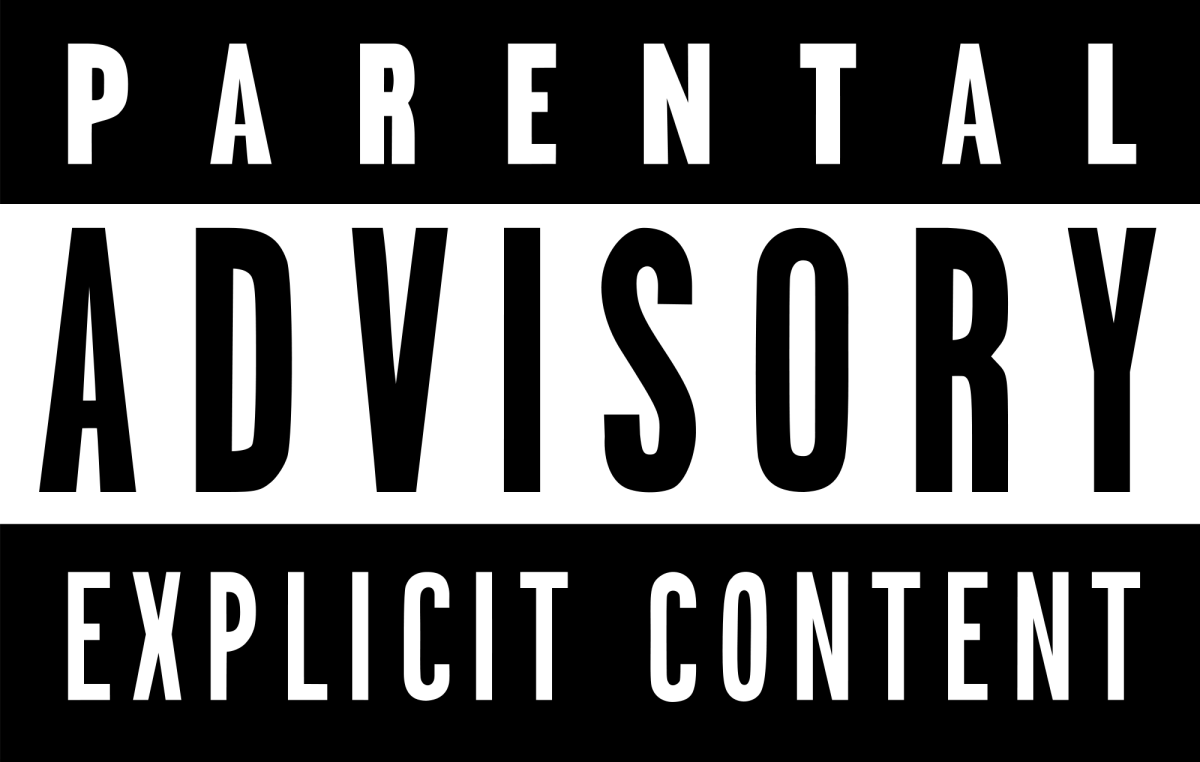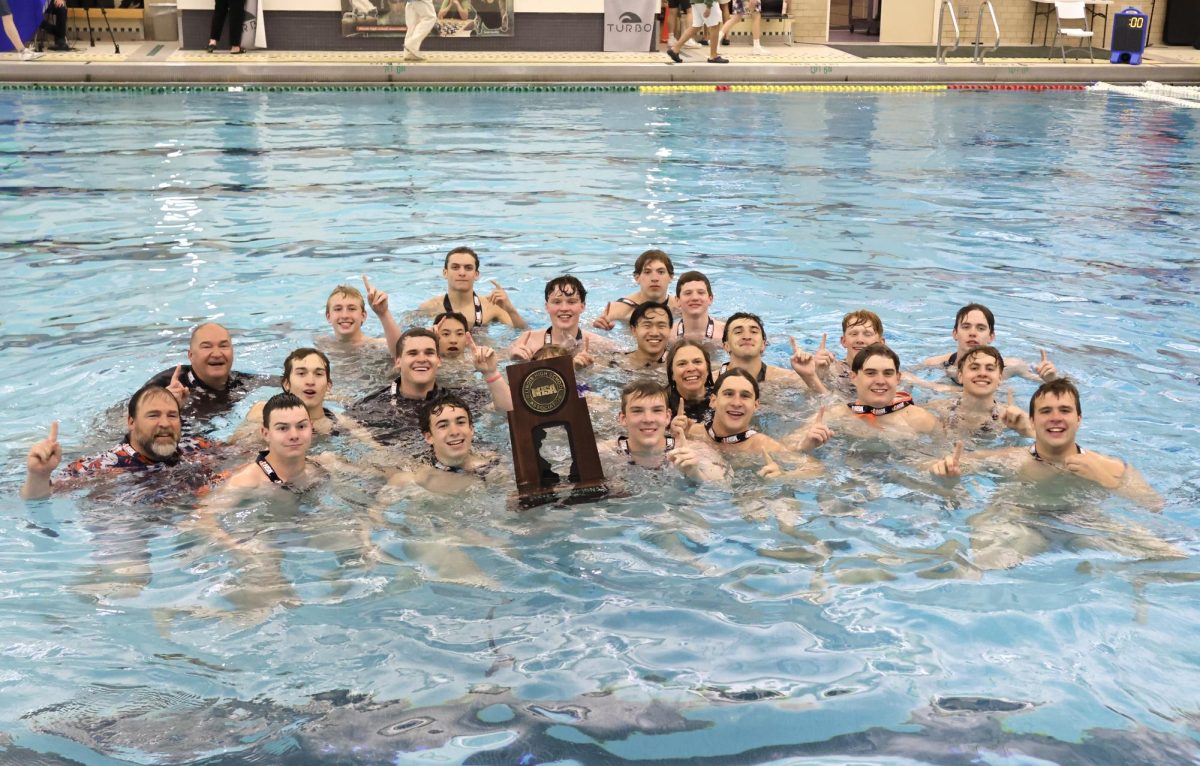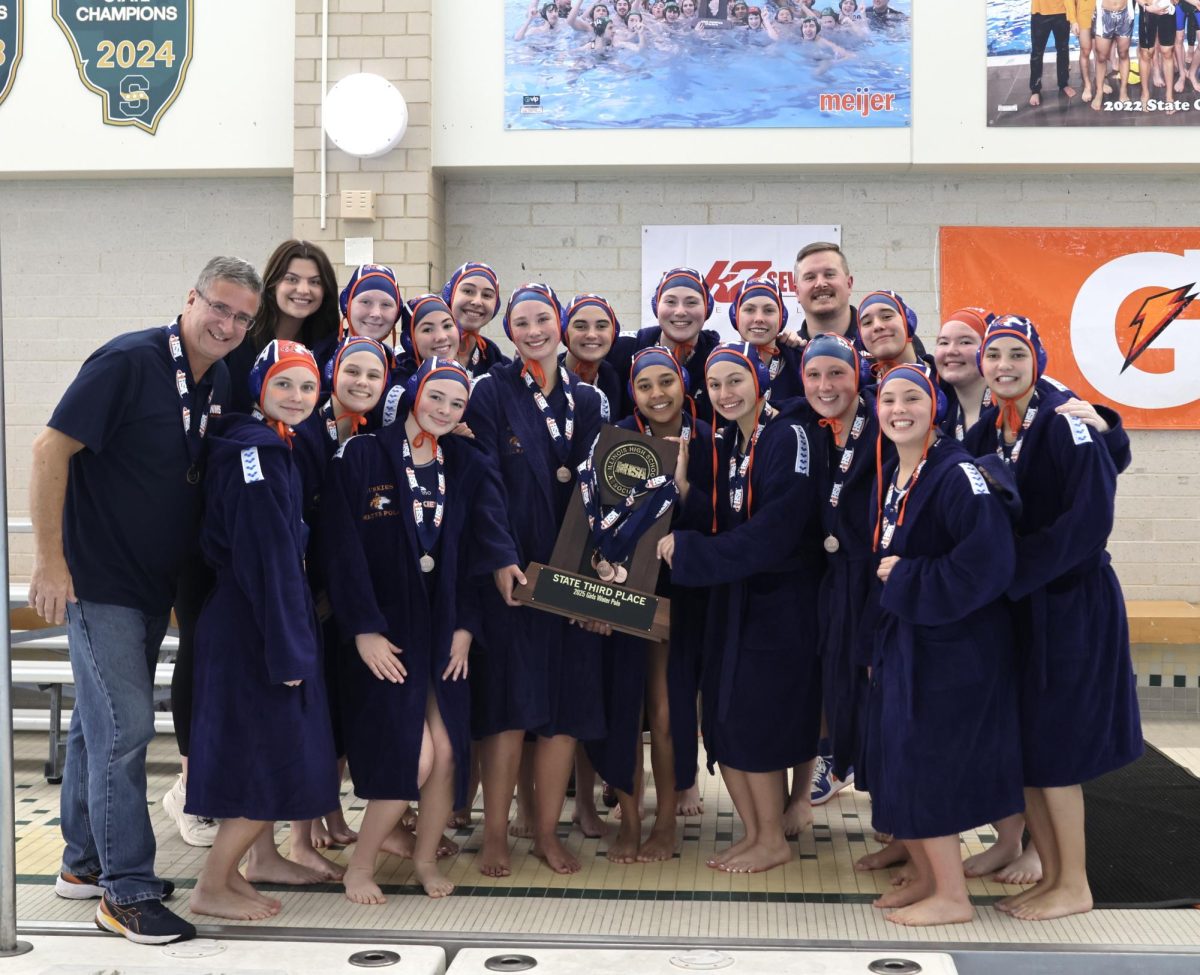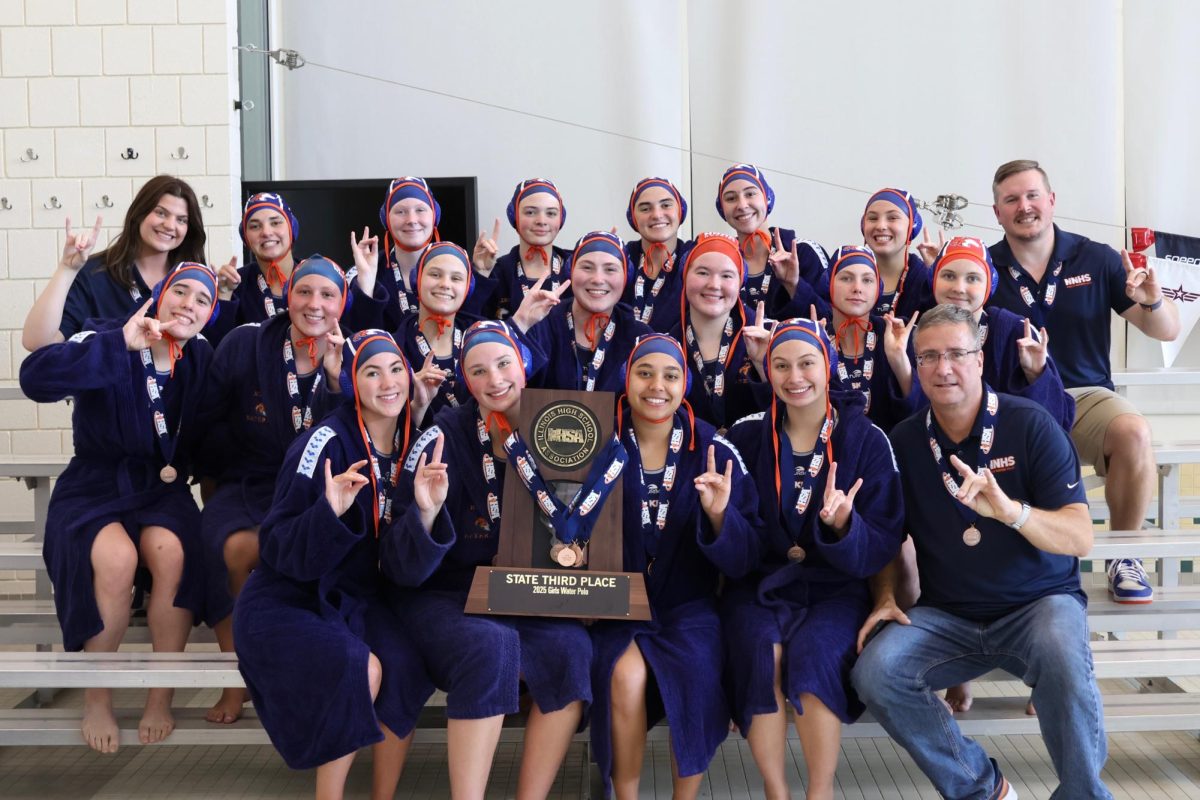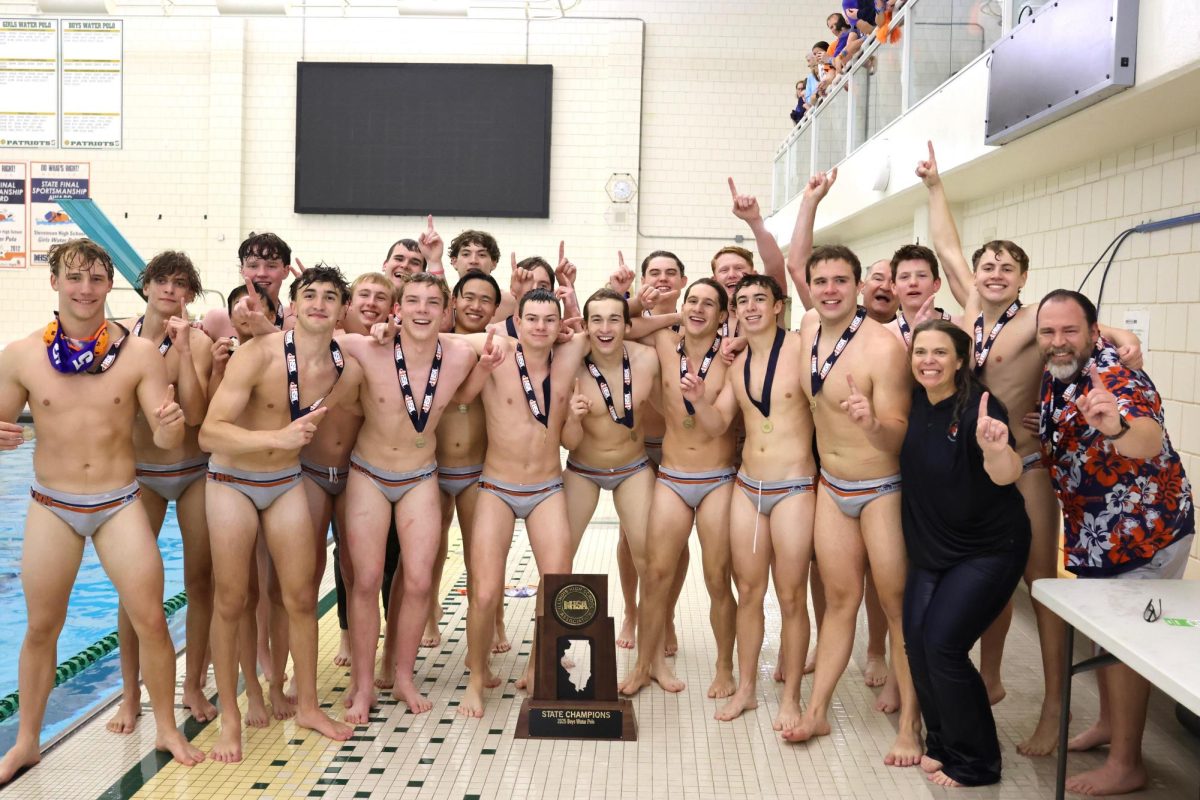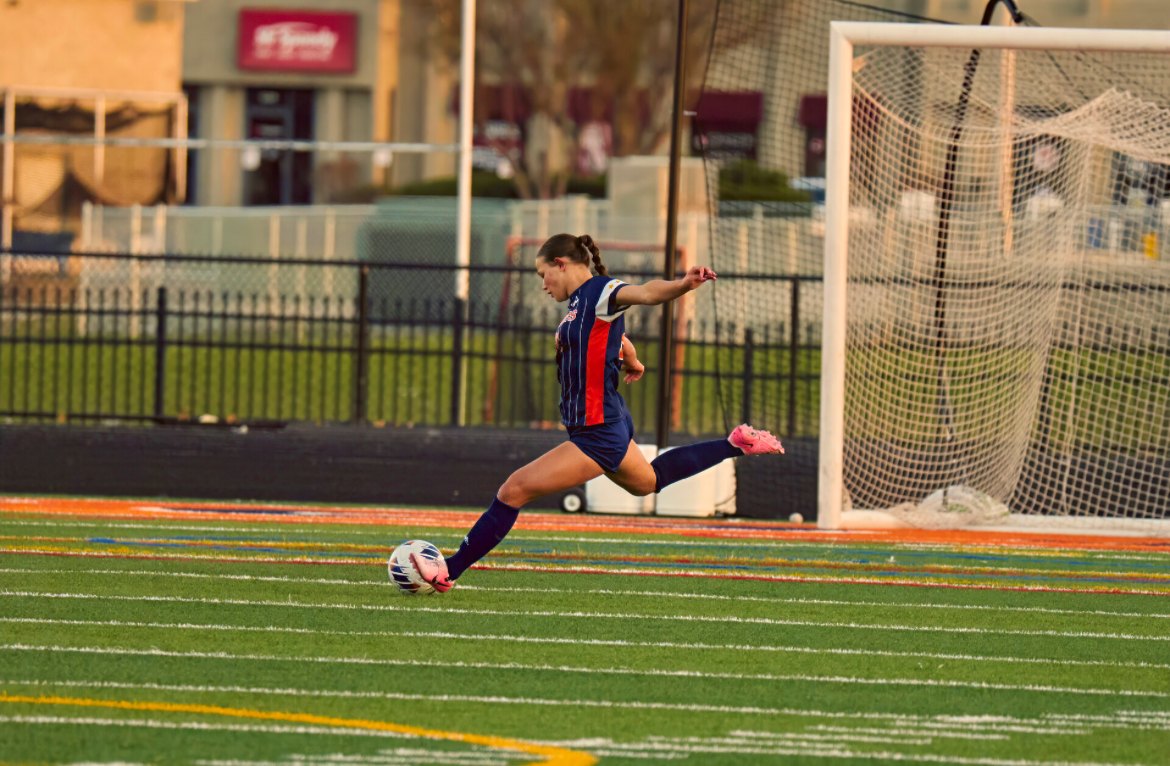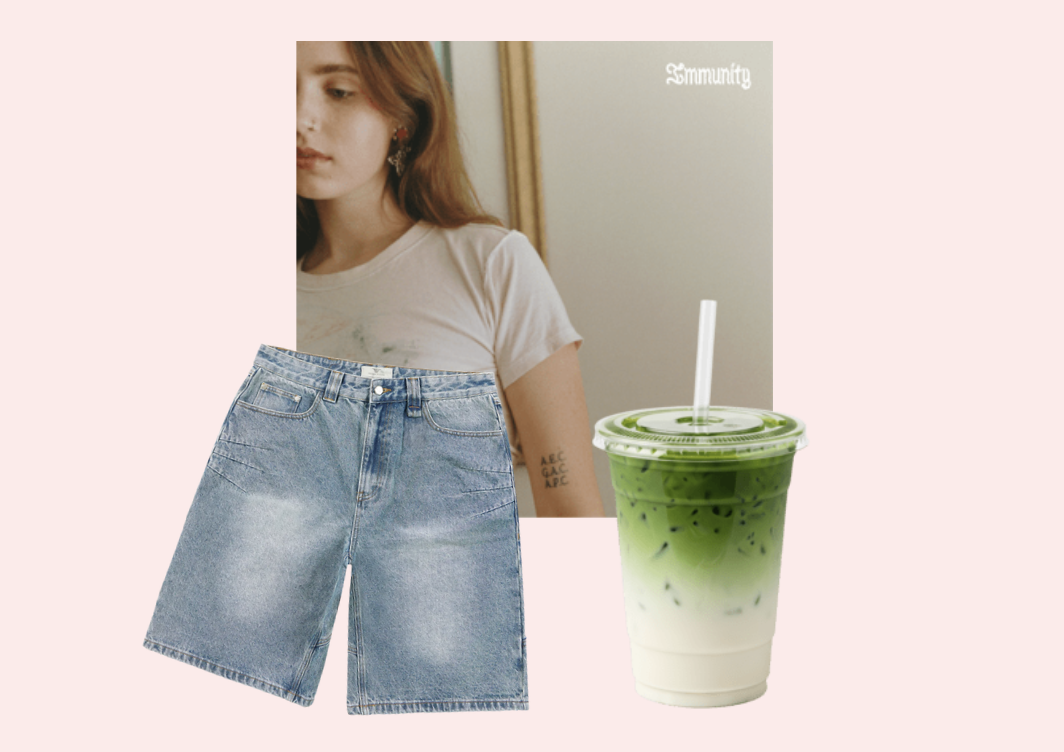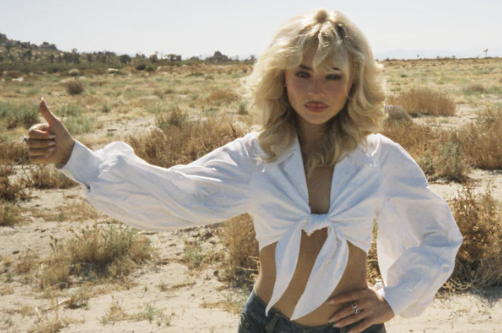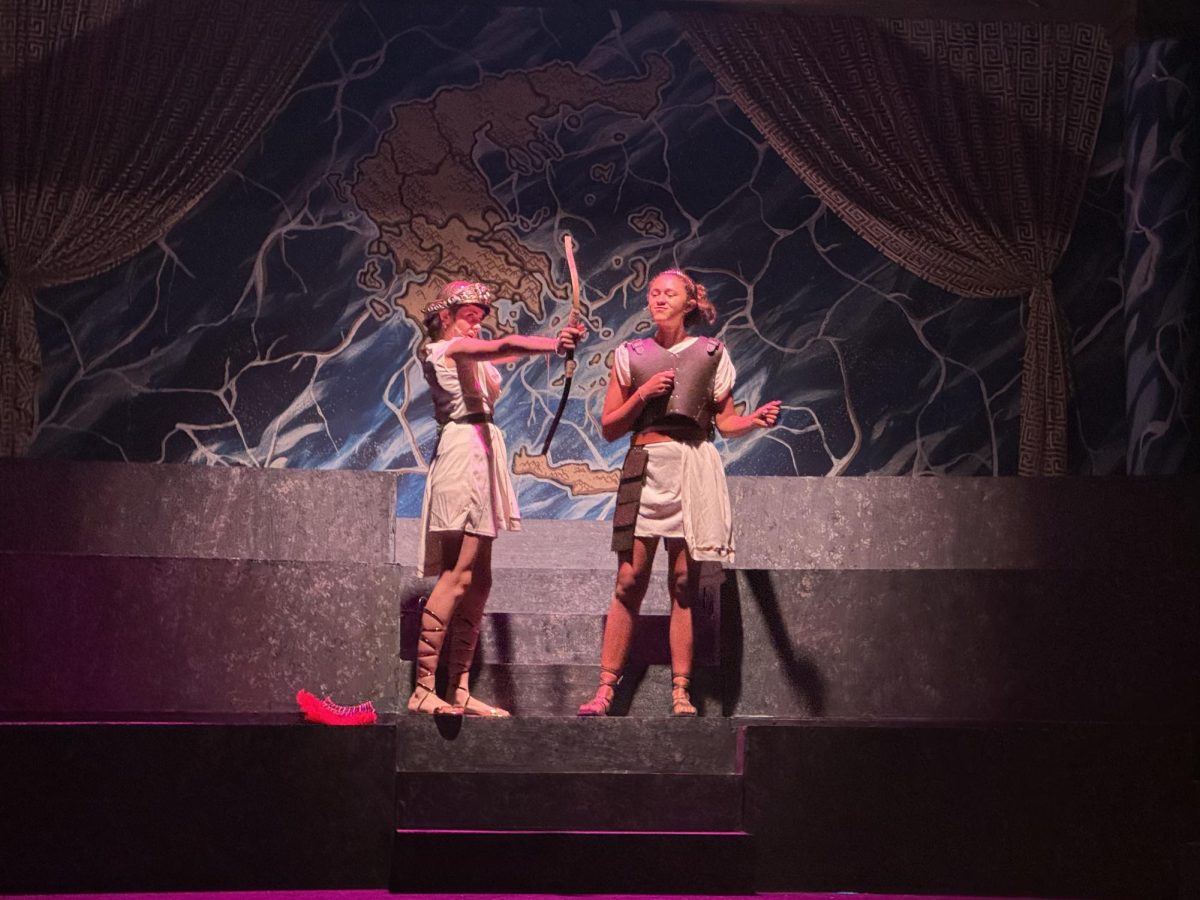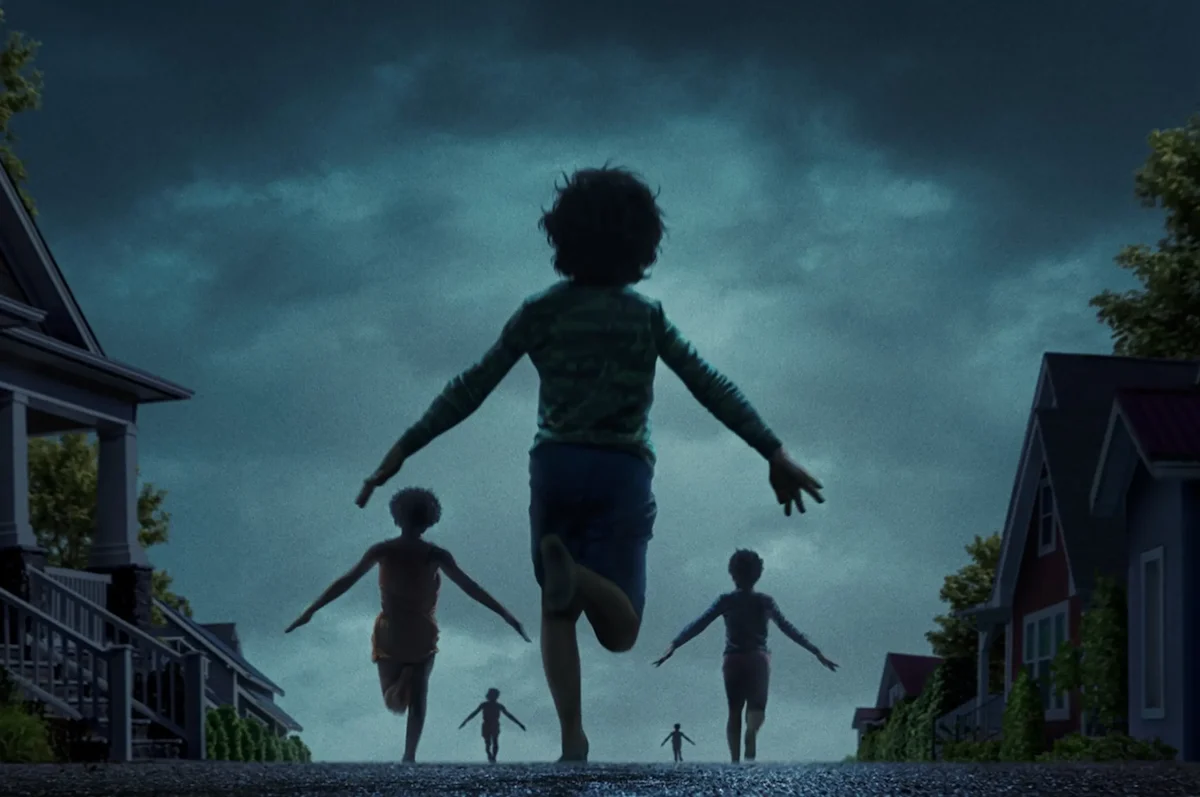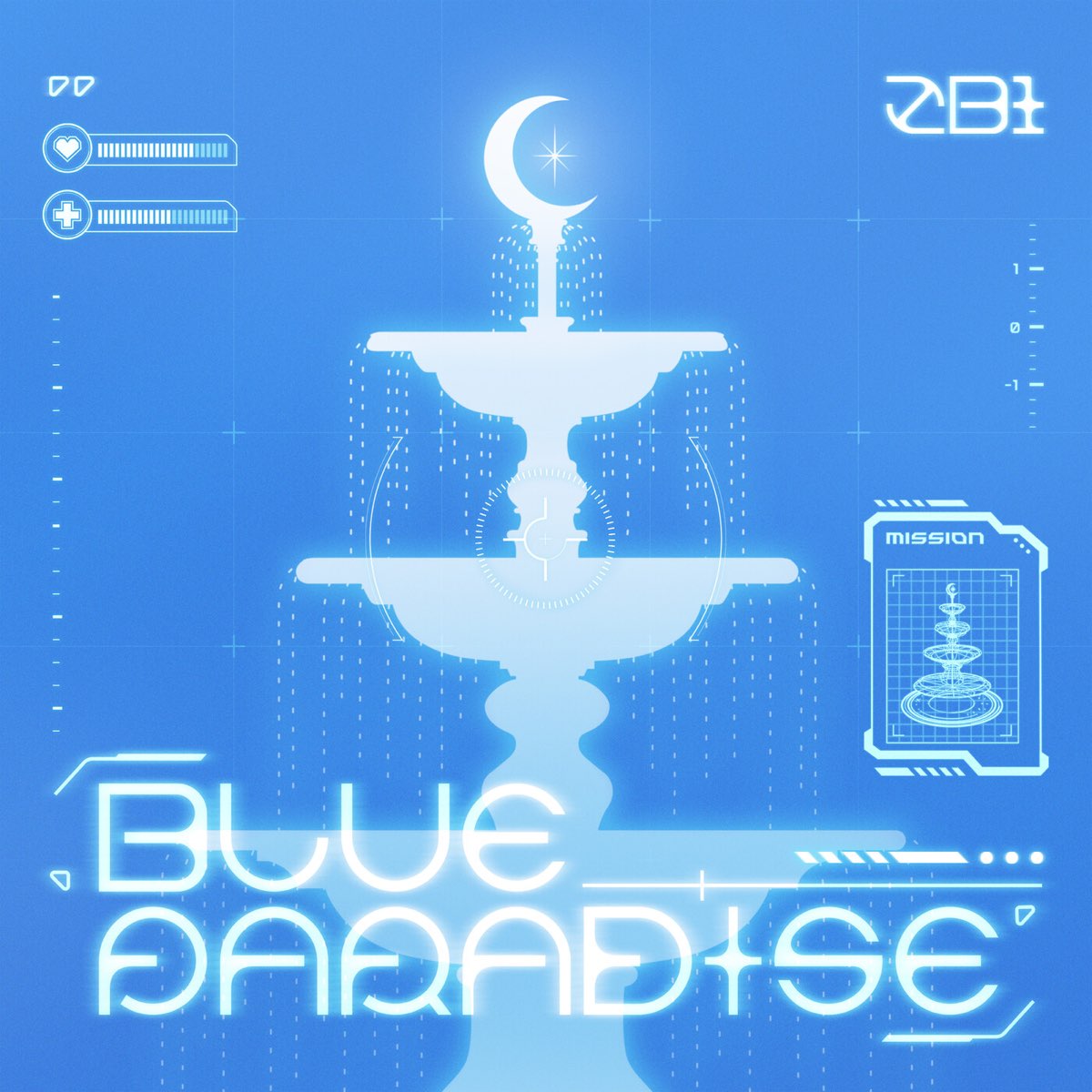As a child, my favorite thing to do was sing along to the radio in the car. Between Chicago’s “101.9 The Mix” and “iHeartRadio,”I knew every word to each pop song played. Megan Trainor’s “All About That Bass” and Little Mix’s “Black Magic” served as power anthems in my daily life. As I’ve gotten older, I’ve expanded my music taste from just the songs pushed to me on my local radio. Through social media and streaming platforms, my music taste has matured and is now more explicit. Artists like Sabrina Carpenter, Chappell Roan and Lizzy McAlpine are pillars of my streaming habits. As an older and more independent consumer of music, explicit or sexual language does not bother me. However, when I heard my ten-year-old sister blasting Roan’s “Casual” from her bedroom, I was appalled. I’ve come to the (slightly horrific) conclusion that it’s not just me who’s been introduced to this next phase of pop music: it’s also younger generations.
Due to streaming platforms, social media and strong fanbases, pop artists have the freedom to make their music raunchier. Specifically, artists such as Roan and Carpenter have built their fan bases with overtly suggestive brands. Carpenter, who is known for her whimsical lyrics and upbeat hits, especially has a younger fanbase due to her Disney Channel history and social media popularity. When she dropped her album, “Short n’ Sweet,” on Aug. 23, 2024, fans saw a completely different side of her. Her song “Juno” has over 170 million plays on Spotify. The song’s bridge peaks with the lyrics “I’m so f****** [expletive],” and the clean version only removes the f-bomb; there is essentially no “clean” version. No growing artist could get away with lyrics like this, especially not on the radio. Streaming platforms give consumers free will on what they can play, giving artists the power to produce whatever they want.
Social media platforms seem to exploit this music even more. This wave of explicit enlightenment is encouraged by all platforms, especially TikTok. With access to countless songs, you have to stand out if you want your music to go viral. And when something goes viral, TikTok ensures that it’s unforgettable. In an interview with Stuff, senior vice president of programming at Radio One and Reach Media Colby Tyner explained how artists are constantly trying to outdo each other.
“’The best way to get clicks and streams is let me be as wild as I could possibly be … Artists would kill to have a [explicit acronym] (by Cardi B and Megan Thee Stallion) or a big song like that because honestly, really, it only takes one song,’” Tyner said.
“[Explicit acronym],” released Aug. 7, 2020, is a prime example of a stand-out pop song because of its overtly sexual lyrics. I remember vividly being stuck in a doom scroll of “[explicit acronym]” on TikTok. Personally, 13-year-old me thought the song was hilarious, but you would never catch me listening to the song on my own unless it was to annoy my friends. No matter the reason I was streaming the song, I still was interacting with it and giving it clicks. Judging by the 1.3 billion streams the song currently has on Spotify, I wasn’t the only one.
Of course, explicit music has been around for decades. The 1960s were the first time explicit songs became more prevalent in pop culture, but they were banned from radio streaming often. Especially with the rise of R&B and rap music in the 90s, music became increasingly uncensored. Artists were gaining greater amounts of freedom, allowing them to put out whatever they wanted using “Parental Advisory: Explicit Content” labels. According to the “Medium,” these stickers allow artists to warn consumers that their music wasn’t intended for sensitive listeners, moving the “social responsibility” from the producer to the consumer. Although adults could purchase whatever records they wanted, holistically mainstream music was still censored due to radio stations. These songs were not easily accessible in the way they are today. The venereal undertones of music haven’t necessarily changed, but censorship completely has.
You might be thinking I’m exaggerating or just sensitive to this music, but that is not the case. From an artistic standpoint, I respect each musician’s creative outlook and branding for the music they create. There is especially a form of empowerment for female artists who, in a way, are taking back the narrative from being sexualized to producing their own suggestive content. Even a few years earlier, female artists would be criticized for performing songs like “Juno” or “[explicit acronym],” but now, while they can still experience backlash, they’re receiving high praise for it. Still, I believe that, for younger audiences especially, there needs to be more of an emphasis on censoring explicit content. Whether that be through explicit blockers on streaming platforms or age restrictions for sounds on social media, an effort needs to be made to protect younger listeners. While popular music may never be completely “clean,” it can at least be filtered.

